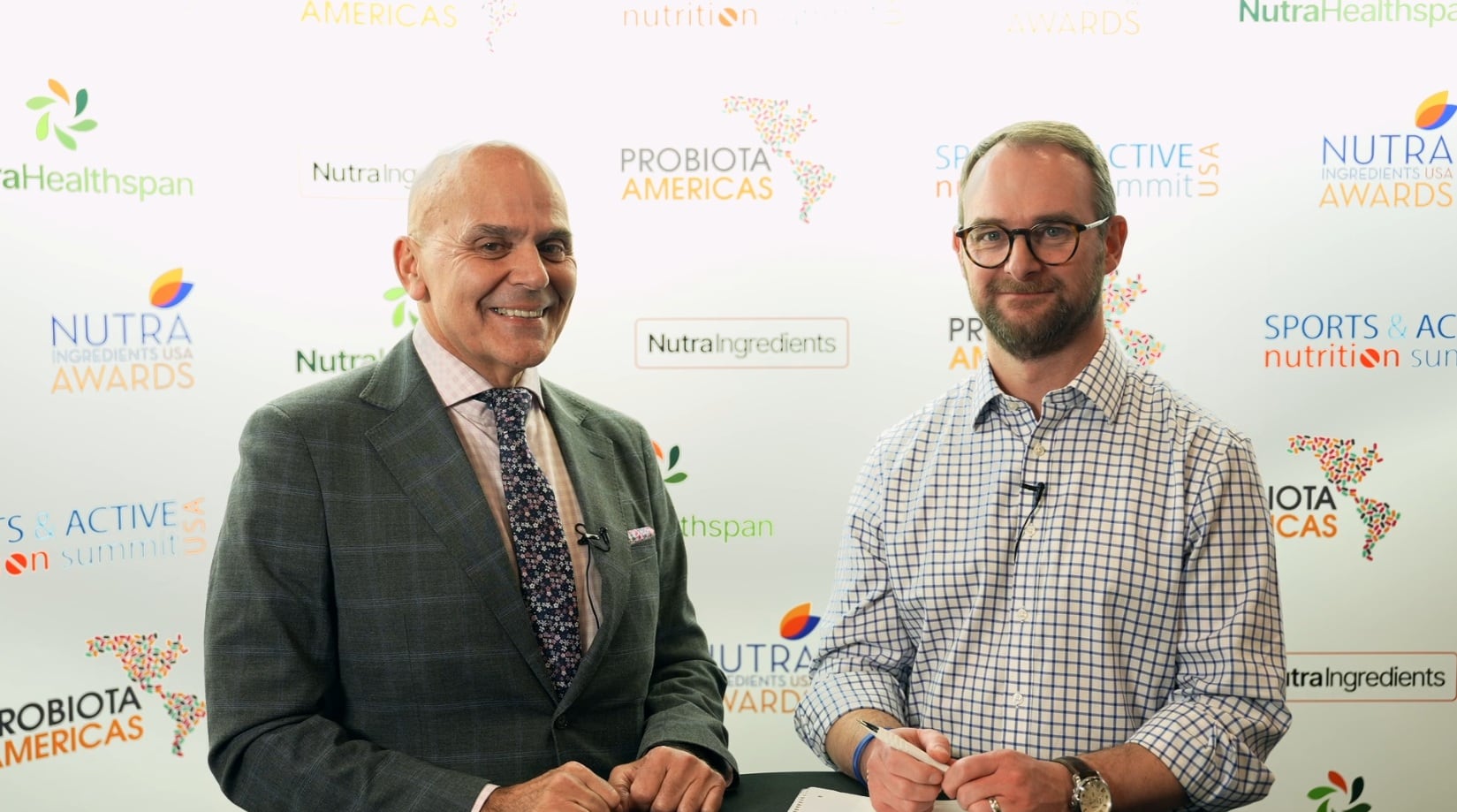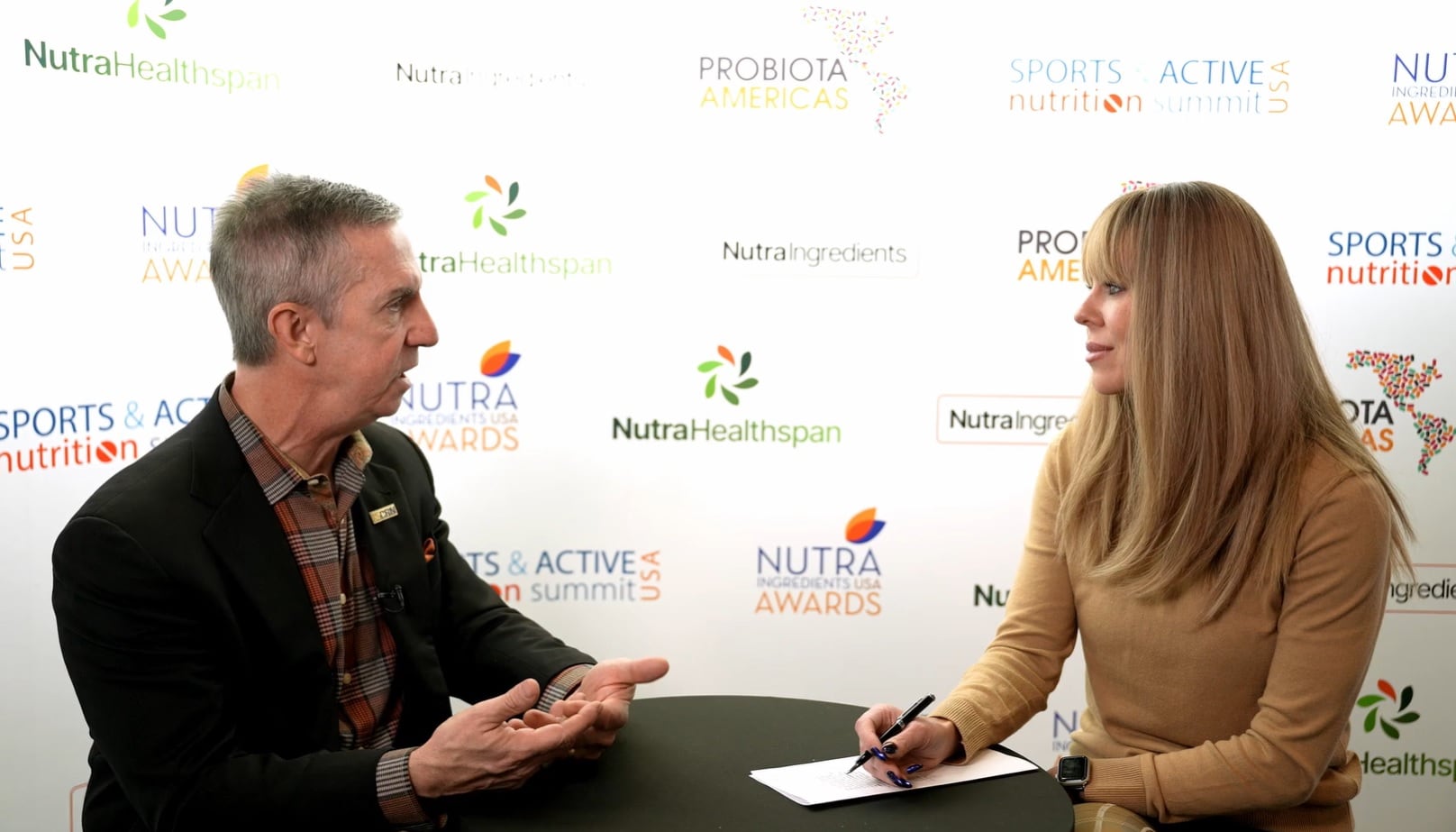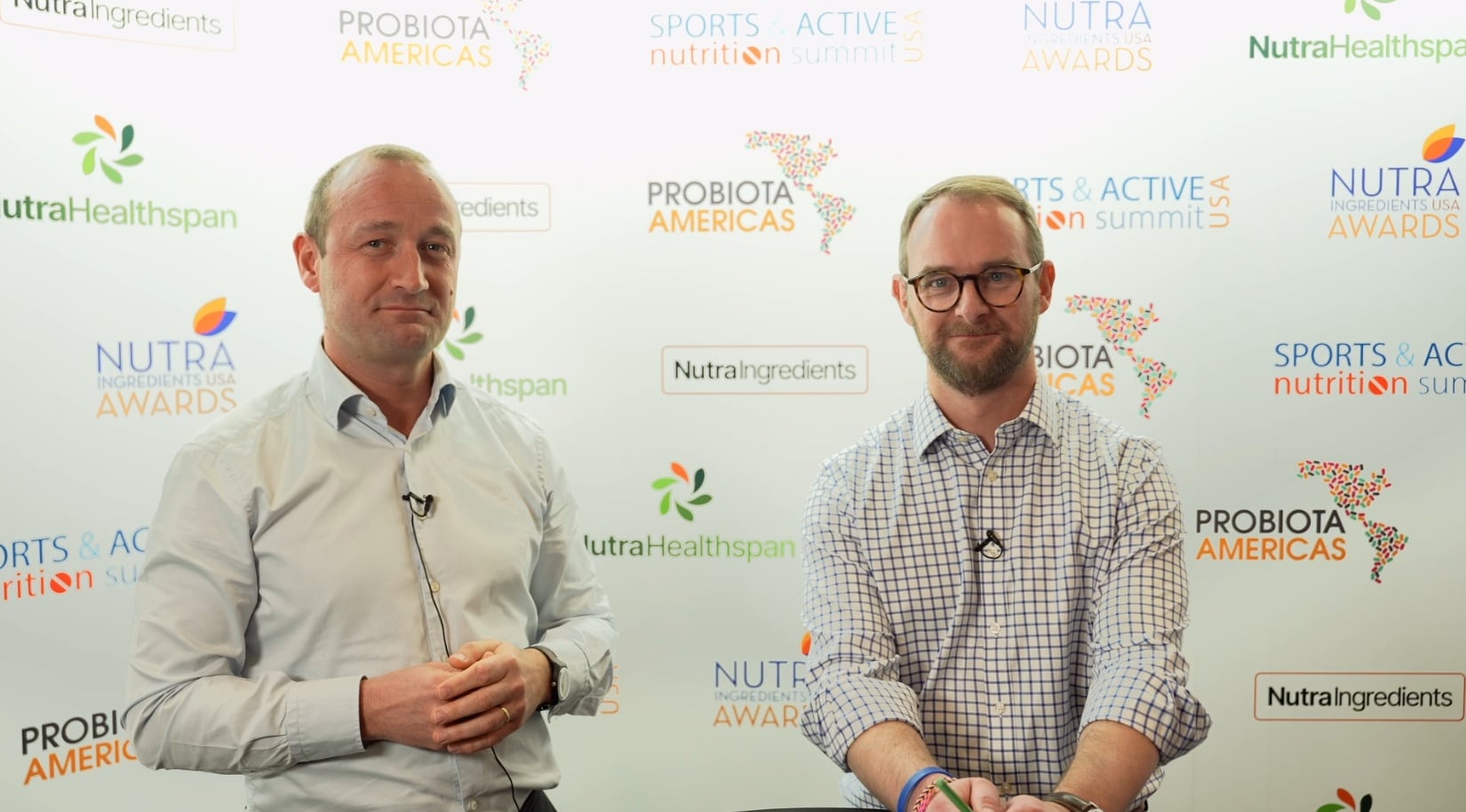Duffy MacKay, senior vice president of dietary supplements at the Consumer Healthcare Products Association (CHPA) has witnessed this growth, noting that the dietary supplement industry is positioned for great success, especially after getting a boost from COVID-19 pandemic.
“We’re on the precipice of becoming a real mainstream part of both self-care as well as health care in many ways,” he said. “If you think about it, we’ve transitioned from once we were alternative, then we became integrative and now I think we could push ourselves into the mainstream. A lot of it really started with COVID. You know, with COVID, consumers really realized that nutrition and lifestyle had a lot to do with being resilient.”
MacKay added that there is also additional momentum with Health and Human Services Secretary Robert F. Kennedy Jr.’s Make America Healthy Again movement aimed at improving nutrition and fighting the chronic disease epidemic in the U.S.
“This is something we haven’t seen with this much momentum in a long time,” he said.
However, this mainstream success has also presented some longstanding challenges, facilitated by bad actors who have taken advantage of gaps in outdated regulatory framework, MacKay said.
“Some of these bad actors–whether they’re unscrupulous or whether they’re just not qualified to be manufacturing dietary supplements—we see this constant drumbeat of non-compliant products or claims that really couldn’t be substantiated with credible science,” he said. “Another real issue that I think has emerged more recently is illicit products masquerading as dietary supplements. Things like tianeptine, delta-8, THC, phenibut, these actually can be dangerous. They don’t belong in our category. They’re not compliant, but they are real public health threats and that gets the attention of policymakers, regulators.”
MacKay reported encouraging conversations with FDA leadership who appear receptive to practical reforms and focused on balancing safety with reducing unnecessary regulations that hinder commerce.



